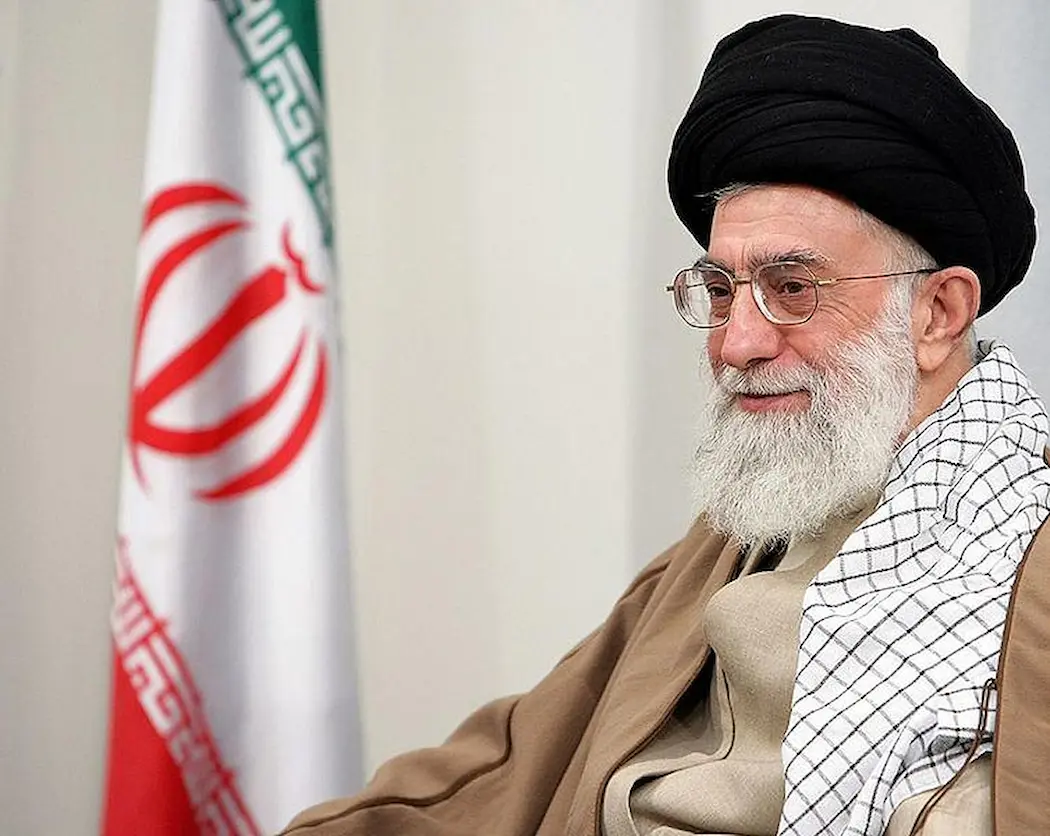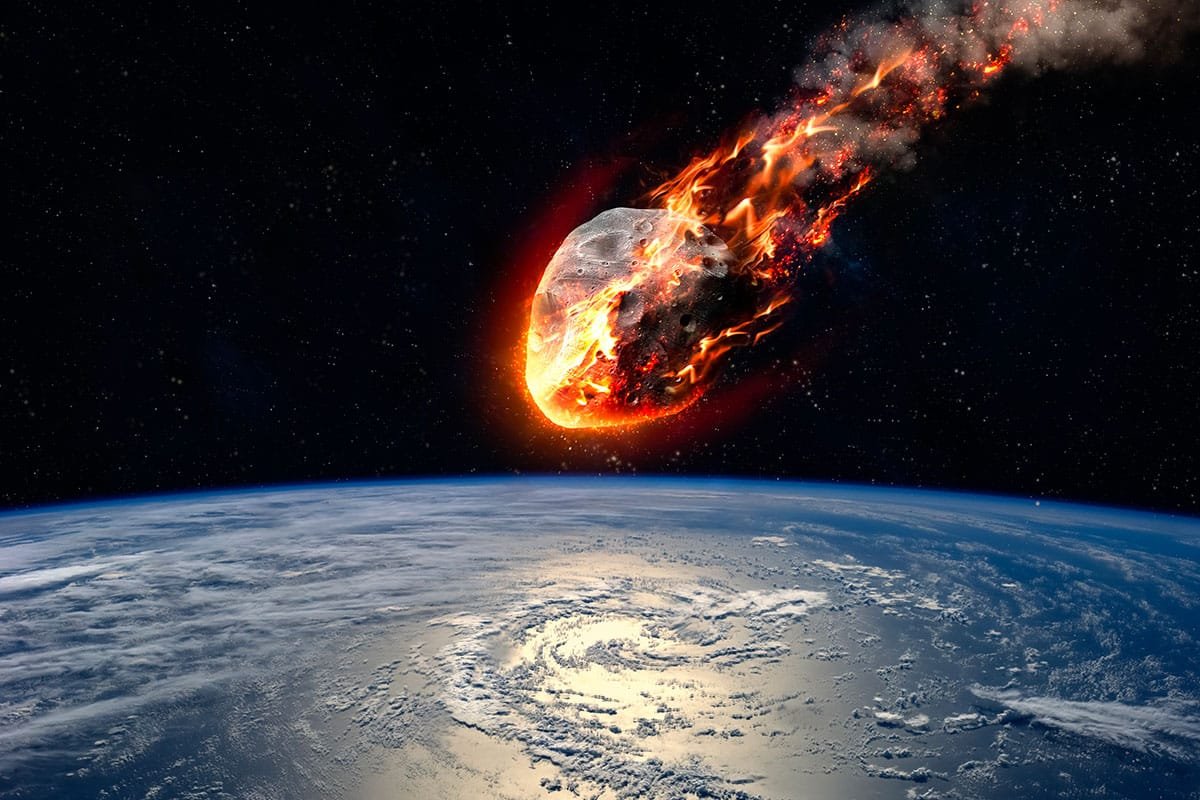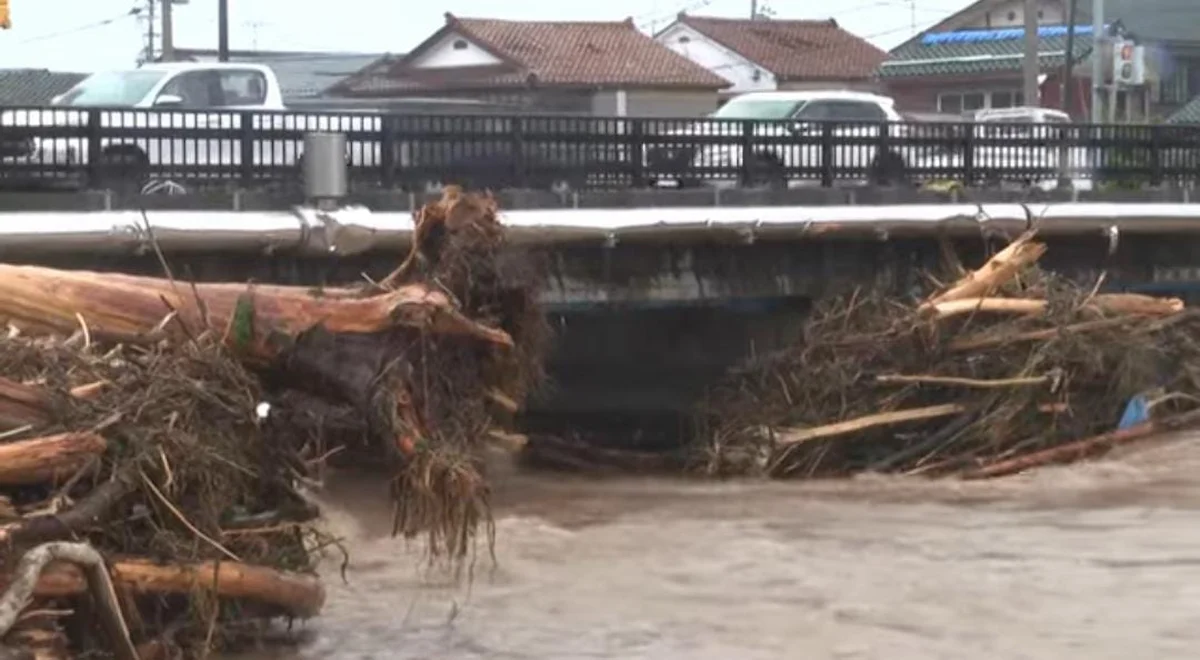In a historic speech, Iran’s Supreme Leader Khamenei declared the missile attack on Israel as legal and justified, addressing thousands in Tehran amid rising tensions.
His speech coincided with increased tensions after Iran’s recent missile attack on Israel, a move he defended as “legal and legitimate.”
Background of Khamenei’s Sermon
The sermon was very closely related to the rising conflict in the area, especially concerning Israel’s attacks against Iran and the groups aligned with it. Khamenei’s speech aimed at solidifying Iran’s position as among the pioneers of resistance against the perceived threats from Israel. He cited the missile attack that occurred just a few days before as a valid exercise by way of retaliation upon the aggressive activities of Israel. These became a narrative of self-defense and revenge.
Defence of the Missile Attack
Khamenei stated that the recent actions of Iran’s armed forces were entirely legal and legitimate, signaling to both domestic and international audiences that Iran views its military operations as justified. He described the missile attack as a “minimum punishment” for what he presented as Israel’s ongoing crimes of aggression against Iranian interests and its regional allies. This justification serves to secure support for Iran’s military activities and to claim its right to defend itself in the greater context of the narrative about Khamenei.
Call for Muslim Unity Against Israel
Within his sermon, Khamenei called for unity between Muslim nations and against Israel, a sentiment that truly resonates well within the realm of regional politics. He, while opposing Israel, declared, “We will not procrastinate nor hurry in doing our duty” when Iran perceives it as a leader in this battle. This appeal also has several effects: it enhances Iran’s status within the Muslim world, fosters collaboration between resistance parties, and acts as a rallying point for all enemies of the policy of Israel.
Support for Regional Allies
The message was full of direct addresses to the combatants in Lebanon and Palestine-not to let the bloodbath weaken one’s nerve, showing Iran’s commitment to support groups like Hezbollah and Hamas. In saying so, this leader acknowledged the role played by groups like Hezbollah and Hamas in the context of Iran’s regional policy; they are proxies in confrontation with Israel. The relationship is further cemented by visits from key figures, such as Hamas leader Ismail Haniyeh, who visited Tehran in July to strengthen ties with the Iranian leadership.
Implication for Hezbollah and Hamas
A key ally of Iran within the so-called “axis of resistance,” Hezbollah, led by Hassan Nasrallah, enjoys military support, training, and monetary benefits from Iran. The speech reflects Khamenei’s unity call with its double strength on the alliance with Hezbollah and inside Lebanon and the region as well. Even similarities exist between the ties with Hamas and how Iran operates. It uses multiple terror groups to influence and push back against Israel.
International Reactions and Fallout
The rocket attack and subsequent comments by Khamenei have thrown much more light on the entire matter across the globe. Israeli PM Benjamin Netanyahu commented: “At first, I thought it was a mistake, but the ayatollah’s comments make this a declaration of war”. Things could get worse as different players would enter battlefields and increase the complexity of a situation already highly volatile in international terms.
FAQs
1. What was the context of Khamenei’s sermon?
He delivered the sermon at a time when Iran conducted a missile attack on Israel following Israeli actions against Iran and its allies, which he asserts were justified. He delivered the speech to reiterate Iran’s stance in its regional strategy.
2. What is the “axis of resistance” for Khamenei?
The alliance of Iran, Hezbollah, Hamas, and other groups was coined as the “axis of resistance”; it forms the heart of Iran’s foreign policy and military strategy in the region.
3. How did Khamenei portray the missile attack?
He referred to the missile attack as a “minimum punishment” for the crimes of Israel, underlining that it has been a “completely legal and legitimate action” based on Iran’s interpretation of international law.
4. How does Khamenei demand Muslim Unity?
Khamenei’s call for Muslim unity is an appeal to unite Muslim countries against Israel and enhance his country’s leadership position in the region. This appeal would be meant to utilize collective action of the different factions opposed to the policies of the Israelis.
5. What is the role of Hezbollah?
Hezbollah in Lebanon is the other significant ally of Iran in fighting Israel and has always had military and financial support from Tehran. Its role has been very relevant to Iran’s strategy in countering the influence of Israeli legions in Lebanon and the Middle East.
Conclusion
The sermon by Ayatollah Ali Khamenei and the missile attack by Iran on Israel are examples of the complexities that surround the Middle Eastern region. As Khamenei frames the attack as a justified act of self-defence in rallying support for the “axis of resistance, he advocates the entrenchment of Iran’s influence and leadership position in the region. His declaration becomes a commitment not only to military responses but also to foment unity among the Muslim nations against Israel. Given the fact that tensions tend to increase further, relations between Iran and its allies against Israel are considered to shape the global dynamics of future regional conflicts and international relationships in the Middle East region.



